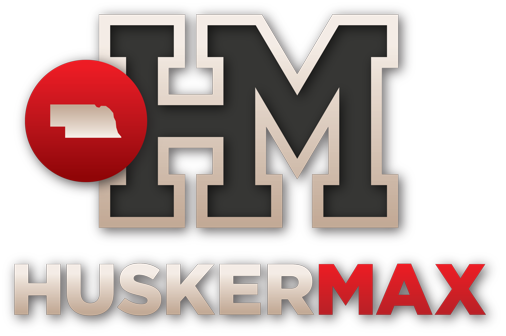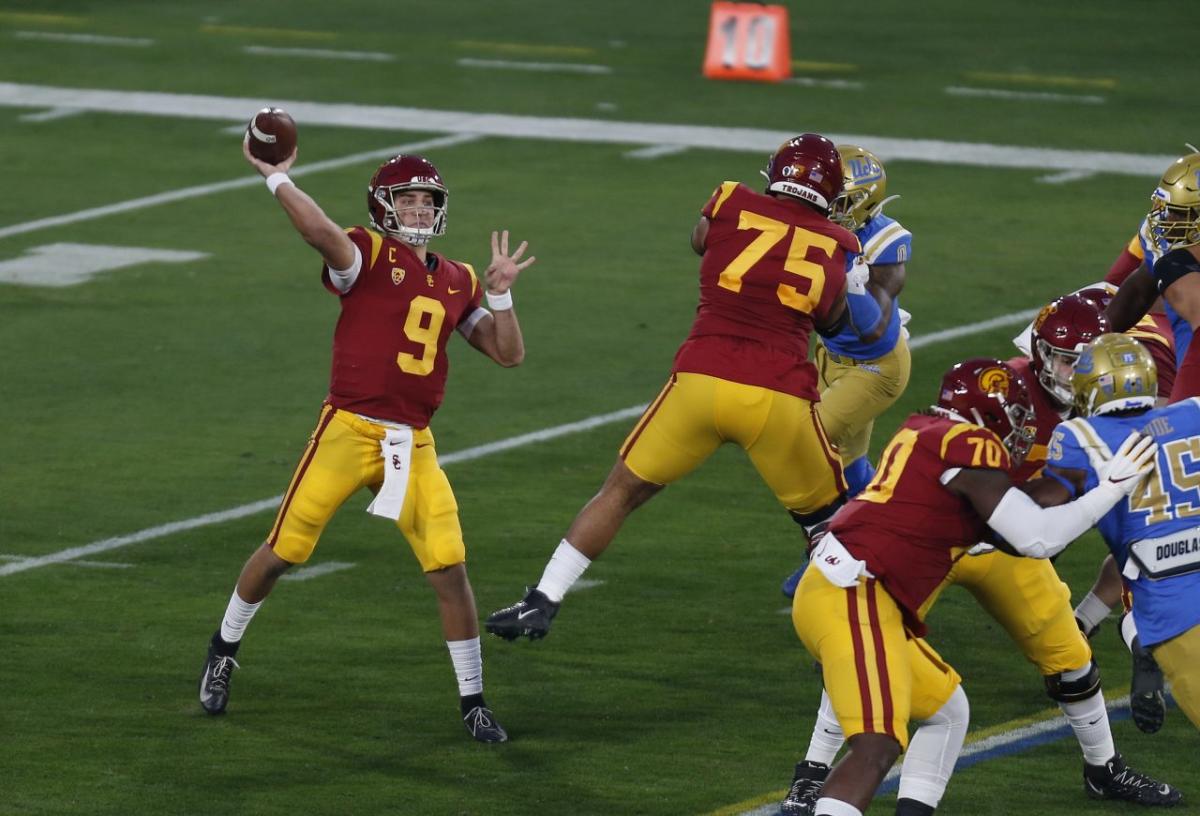If I owned a company and was signing a NIL contract with an athlete it would include some key clauses:
1. Morality Clause - Refund all funds received and no additional funds to be paid
2. You represent my company and the value is in you being at this school for 4 years (waiver if they go pro). If you should leave you would be required to refund 50% of what you have been paid up to the announcement and you will be paid nothing more.
3. I would consider performance related clauses, i.e. you get additional funds if you start a minimum of X games and participate in X plays for the year (some waiver for injuries included)
4. Probably additional ones if I thought about it more than 5 seconds. Also, I'm not sure of any limitations on the contracts imposed by the NCAA, the school, or the government.
Just my two cents....
Can't do any of these, unfortunately. It's all fixed fee agreements.



